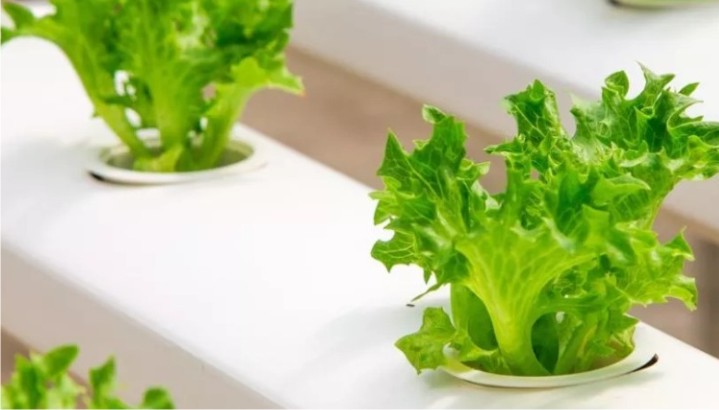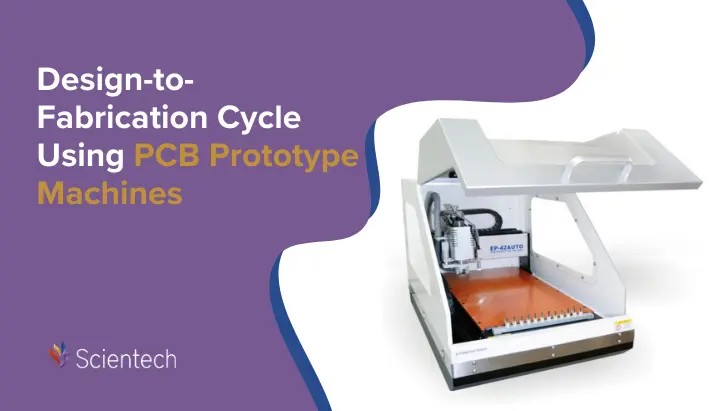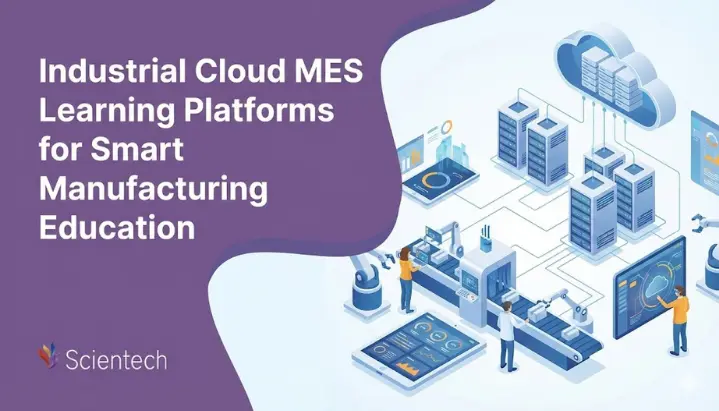Farming is changing, not only in the fields but also in the classrooms and laboratories. Across agriculture colleges, engineering departments, and schools, a new approach to learning agriculture is taking root; one that combines biology, chemistry, and technology to demonstrate how plants can grow without soil.
This is where Hydroponics comes in – a smart, sustainable, and science-based system of cultivation that allows plants to grow in nutrient-rich water under monitored conditions. It is more than a farming technique; it is a hands-on learning platform that helps students understand modern agriculture through data, precision and innovation.
The importance of Hydroponics in modern learning
India’s agricultural future depends on innovation and efficiency. Hydroponics introduces students to one of the most sustainable and high-yield methods of cultivation, enabling them to:
- Learn the science behind plant nutrition and growth without soil
- Understand the importance of water chemistry, pH, and nutrient balance
- Explore how technology enables climate-independent and space-efficient farming
- Develop entrepreneurial skills for small-scale and urban agriculture
For future farmers and agri-entrepreneurs, Hydroponics offers a real-world model for addressing food production challenges using minimal space and water.
What is Hydroponic System and why is it preferred?
Hydroponic System is a soil-less cultivation technique where plants absorb nutrients directly from water instead of soil.
Scientech Technologies’ Hydroponic System uses the Nutrient Film Technique (NFT), one of the most efficient Hydroponic methods. In NFT, a thin layer (or film) of nutrient solution flows continuously past plant roots in specially designed channels, providing oxygen and balanced nutrition while saving up to 90% of the water used in traditional farming.
Unlike soil-based farming, Hydroponic allows complete control over growth factors that is from nutrient levels and pH to light and irrigation.
This flexibility makes it ideal for:
- Educational labs and classrooms, where students can conduct experiments and observe
- Urban and indoor environments with limited space
- Research environments focused on precision and automation
Learning with the Hydroponic System
The Hydroponic System turns agricultural learning into an interactive and measurable experience. It includes:
- pH and EC (Electrical Conductivity) sensors to monitor nutrient balance
- A recirculating pump that maintains oxygen flow and water movement
- Grow lights that enable photosynthesis indoors
- A digital display for real-time observation and data tracking
With these tools, students can explore how specific changes in nutrient strength, pH balance or lighting affects the growth. They begin asking questions such as:
- What does a plant really need to grow?
- Why does pH balance matter in nutrient absorption?
- How can light intensity or water quality influence yield?
- Can automation make farming more consistent and more sustainable?
By experimenting with crops like lettuce, spinach, or mint, learners witness how science, data, and design come together to grow food efficiently and safely.
Learning outcomes from Hydroponic System
Hydroponic Systems connect scientific concepts with practical applications, allowing students to experience agriculture as a process of discovery.
- They gain hands-on exposure to resource-efficient and scalable cultivation methods that save water and optimize space.
- Learners understand the synergy of nutrients, oxygen, and water in healthy plant development.
- Through sensors, they learn to measure and regulate ideal growing conditions for different crops.
- Continuous monitoring builds awareness of how light, nutrients, and moisture affect productivity.
- Adaptable setups, from labs to rooftops; demonstrate how farming can succeed anywhere.
- Most importantly, hydroponics turns agriculture into an inquiry-based, interactive discipline, where curiosity leads to innovation.
In essence, learning through Hydroponics bridges science and practice. It helps students think critically, experiment with purpose, and appreciate how technology shapes sustainable agriculture.
Safety and best practices
Hydroponic Systems teach students about safe lab and farm practices. Some key lessons include:
- Using gloves and protective gear while preparing nutrient solutions
- Regularly calibrating pH and EC sensors for accurate readings
- Keeping tanks and channels clean to avoid algae or contamination
- Practicing electrical safety while using pumps and lights
By following these practices, students learn the importance of precision, safety, and sustainability; principles that define modern agriculture.
From classroom learning to real-world application
Hydroponics extends far beyond the classroom. The same principles can be applied to urban gardens, rooftop farms, and commercial-scale cultivation. Since it operates independently of soil and weather, the system can be installed in almost any setting, making it a valuable tool for entrepreneurs, educators, and communities alike.
It also enables the production of high-quality, pesticide-free crops, supporting India’s growing demand for clean and sustainable food. By engaging with hydroponics, students and innovators see how data-driven design can power greener, more efficient farming systems.
A new era of agricultural learning
The introduction of systems like Scientech Technologies’ Hydroponic System into education marks a turning point in how agriculture is taught and understood. Students move beyond theory to experience agriculture as a living science; one that is measurable, adaptable, and relevant to the future.
By integrating hydroponics into the curriculum, schools and colleges can cultivate a new generation of innovators. These learners understand that growing sustainable food is not just a skill but also a shared responsibility. Hydroponics doesn’t just grow plants; it grows possibilities.




